Diane: I let my theatre know I was going to leave a year ahead of time, and in that year I set up projects for my first season away from CTG. I’m directing three plays I love this year, one at Trinity Rep in Providence, Rhode Island; one at a small theatre here in Los Angeles called Playwrights Arena; and one a show at the San Francisco Playhouse. They’re all plays by women and they’re all Latinx playwrights.
I tell stories of my people through my plays and also through my directing. In an effort not to skip a beat, I might have overcommitted myself. It’s been a fountain overflowing. Creatively, my solar plexus is open and the ideas flow, and I’m not afraid to talk about them. I still have people who want to hear my thoughts, which has been helpful.
While I’m no longer a current Theatre Communications Group board member, I’m still involved on the national level about how we can integrate our field in a much better way than is being done now. I’m on the National Endowment for the Arts National Council, and people there also want to hear field-wide ideas. For years, everyone was like: “Diane, you are powerful.” But I didn’t really know how to exercise power. We were never taught. I didn’t have a role model in front of me. I had to figure it out, and I’m still figuring it out.
In our careers we have transitional moments. You said receiving the National Theater Project Creation & Touring Grant in 2015 was one for you, right?
Linda: Yeah.
I’m at a point now where I am engaged as both a leader and a learner. I was always teaching and mentoring, and I wasn’t getting taught and mentored.
Diane: Why was that?
Linda: You, Colleen Jennings-Roggensack, and Cathy Edwards all shifted my perspective on how to support Carpetbag. It was fabulous being in a room of very powerful women of color and hearing encouragement and support for work I’d been doing for some time. I needed to hear that at that point in my career. You made me think about utilizing my individual work and individual success, and leveraging that into support for the company.
I tend to be focused on ensemble and collective work, and I didn’t realize I could use what was happening to me as an individual as a platform to leverage the whole. That shifted my perspective. And I needed that shift to help me make this transition. Things in the last three years have been coming at the right time. I got a Creative Capital grant, I have all of this creative energy, and I’m connecting to people I’ve wanted to work with but couldn’t because of resources and the company.
I’m at a point now where I am engaged as both a leader and a learner. I was always teaching and mentoring, and I wasn’t getting taught and mentored.
Diane: Which is very important.
Linda: I am in a place where there’s a balance between the two and it’s feeding my creative energy. That’s exciting. But I also have a fear of being excluded from professional networks now, that I won’t be active enough in them to be a part of that activity moving forward.
I met with the elders at Alternate ROOTS two weeks ago, and we decided to engage and energize a network of us. We want to make sure we are playing an active role, both within our artwork and within the organization, and that we are not only seen as elders with great advice about the past but that as active artists, too.
Diane: There is a certain amount of belief in yourself that may seem like ego, but it’s belief in yourself that gets you through. There are a lot of things awaiting you, including working with directors you’ve never thought you’d work with. Why not ask them? Why not ask Moisés Kaufman to direct your play, do a workshop? Go for it. Get an agent. Do the whole thing because that’s what you haven’t done.
I have done the opposite in terms of elders because I don’t have a network of them. I have a lot of friends who are still very much working, and we are elders, but we aren’t taking the time to meet in Los Angeles. I’ve got to get that together. It’s a good idea.
I hang out with a lot of young people. There’s a group here called Teatro Luna, from Chicago, and they’ve settled in Los Angeles. They pay something like just under two thousand a month in rent. In order to meet that monthly nut, they rent it out for yoga, prenatal classes, baby showers—you name it. And then they use the space to do their ensemble work. They open it up, too, so I use it as a workspace. It helps me to be around their energy, and they help me think about things in a very, very different way.
The new producer for the Latinx Theatre Commons, Armando Huipe, is based here in Los Angeles and they're a very good friend. We’ve thought about all meeting together on a certain day of the week just to be together and not be isolated. That’s how I’ve tried to manage isolation because I’m a people person.
When you started out and were a young woman leading a company, did you find that being female in leadership was an issue? How did you negotiate all of that?
Linda: As a young woman I did not assume gender would be a barrier, and that was probably naïve of me, but I thought of barriers in terms of race and economics. Carpetbag is a culturally specific organization, but I live in an Appalachian city where the Black population, the population of people of color of any kind, is very small.
Those kinds of barriers were my focus. But I was raised to believe I could do anything I wanted, and I had firm support from my family and friends. I came up against gender more externally, in terms of dealing with organizations and foundations. I kept noticing I would say something in meetings and then people would talk around it, and then usually the same idea was re-spoken by a white male participant and everybody was like, “Oh, what a discovery.” You go, Boy, I don’t quite know how to combat that in a way that’s not being seen as this whiny, young African American woman in the room.
Because we were an ensemble company, we had the freedom to create without seeing the work being shaped or the barriers being there for us in the process. For women working for large organizations or even small organizations, the gender barrier is present and true. But my experience being the lead shifted my focus. You certainly walked into it and through it, but having the confidence and security of the ensemble protected me.
I grew up on the road for the ten years I was with the company. I realize now that we were a representative of contemporary American theatre, while in the United States we were a little Chicano group running around and wearing masks and being funny.
Diane: I joined the Teatro Campesino around the same time you went to Carpetbag. And I stayed there for eleven years, which were formative. There’s been much written about the women in the group and how Luis Valdez, the founding artistic director, was a strong voice, and how the roles we were playing were submissive. But oddly I remember none of that. I remember us all being wild and crazy and loud, going: “I want to play that part.” “No, you can’t.” “Well then let me play that part, which is way more fun and more comedic.” The women ended up playing roles that were neither men nor women, and we were able to play both men and women. I really was a performer, and I had a great time doing it.
The work we did at that time was necessary for inspiring our people, our community. The ensemble helped define who all of us were as women. We knew within the company how strong we were.
Linda: In my case, I was the primary writer, so I was writing from a woman’s point of view.
Diane: That’s a huge difference. We didn’t know the word devised at the time, but we did improvise a lot of the work Luis scripted. So it wasn’t only his voice, although it did become his voice later as we moved along.
We toured Europe endlessly—I grew up on the road for the ten years I was with the company. I realize now that we were a representative of contemporary American theatre, while in the United States we were a little Chicano group running around and wearing masks and being funny. Hardly on the same level as the way we were positioned abroad.
Being positioned in Europe that way, we understood the importance of what we were saying on a world perspective. How people look at us from the outside and how people look at us from the inside. It definitely was tilted, and it continues to be in many ways.
Linda: We toured a lot in the United States, probably more than 60 percent in the south. The most rewarding part of it was the acceptance and ownership of the work in those small communities. We were appreciated and well treated. One of the moments I remember distinctly was doing Red Summer in my home community. It was the story of Knoxville’s so-called race riots in 1919, which was really a mob action against the Black community. We partnered with an activist organization, routed in the community, called Solutions to Issues of Concern in Knoxville, and we completely sold out the house. That was a special moment.
Diane: When I think about my highlights I always go back to the Teatro. I started a group called Latins Anonymous. There were four of us, two women and two men, and we wrote sketches and did them in Los Angeles. It was unbelievable for people. We ended up doing a show for six months—it spoke to the Latino experience in a way that was hilarious and people left feeling good about who they were. Personally and artistically, I understood my comedic abilities through Latins Anonymous.
How have you changed since when you started? And how has society changed in terms of accepting your work and the work of the company?
Linda: Certainly the passion for the work remains the same—the willingness to work seven days a week, to work twenty-hour days. There also continues to be an African diaspora, and examining how it exists in the world today is something I am intrigued by. As we become aware of our globalness, how does that fit into my frame of being a Black woman, of being a woman of color?
It’s very interesting to talk to young artists now about terminology, about who we are and whether or not we can define ourselves outside of the white European culture—not just the European canon. People are accepting and rejecting African American terms. I’m a Black woman and woman of color—where did that come from?
I’m in a different place, but I still believe there is something about us that speaks to the diaspora, and I think it’s shifting and changing. We are hardly made up of one thing. But there certainly is a culture that dominates our experience. That intrigues me as I move forward. And I think it is changing. People are thinking in new ways about who they are and also carrying old baggage about who they are. There’s a search for place and how we remain human in this moment, when we are so aware of the challenges of race and culture and language and identity, and we’re being challenged about who we are.
I vacillate between that having changed and that having not changed at all, and I’m wondering where we’re headed and ultimately how we hang on to our humanity. I’m also dealing with more issues around mortality. As you get older, you begin to lose people, and you have to be thinking about your own mortality and what you hope to leave behind.
What about you?
There are certain worlds we haven’t been allowed into or encouraged to go into, and platforms that very little of our work exists on.
Diane: I still like the life of putting on a show that means something, that people relate to and enjoy. The community that’s seen me grow up on stage has lifted me up. I have worked really hard, and I’ve been able to open doors for people and give people money and encourage people. I’m still doing that, but, as you were saying, we have to think of our mortality and we have to think about what gives us joy.
After a while I wanted to take care of myself, so I decided to leave. I’ve thought about what it is in my daily life that gives me joy, and those things I continue to do. At the Institute, there was this notion that if we share too much, things would be taken from us. I don’t want to live with that fear. How do you feel about that?
Linda: Because our work has not been documented and codified in ways that other processes have been, there’s a concern about letting go of the ownership of things we’ve created and important processes built on our engagement with communities. In the traditional theatre world, the process is developing a series of activities and then codifying them in a book and selling them. That’s part of the academic world, that’s part of the professional world. And we haven’t been part of that.
There’s a sense that, if we are not in that arena, when certain people experience things or see things they are stolen, somebody else codifies them. Somebody else is given credit and credence. There’s also an economic impact to that, which we haven’t seen. There are certain worlds we haven’t been allowed into or encouraged to go into, and platforms that very little of our work exists on. People have experienced a loss, and that’s what makes people cautious.
Diane: The world has changed. There are how many Latinx people getting their MFAs, writing books? My community needs to recognize that and know that people are looking for content to publish. We have to start participating in that. We don’t need to depend on anybody else but our own people because there are so many academics from our various communities. Let’s start sharing our work, getting it out, publishing it, talking about it.
Do you have hope for the future? I’m a hopeful person.
Linda: What else is there? And have we seen change? Yes, we’ve seen change.

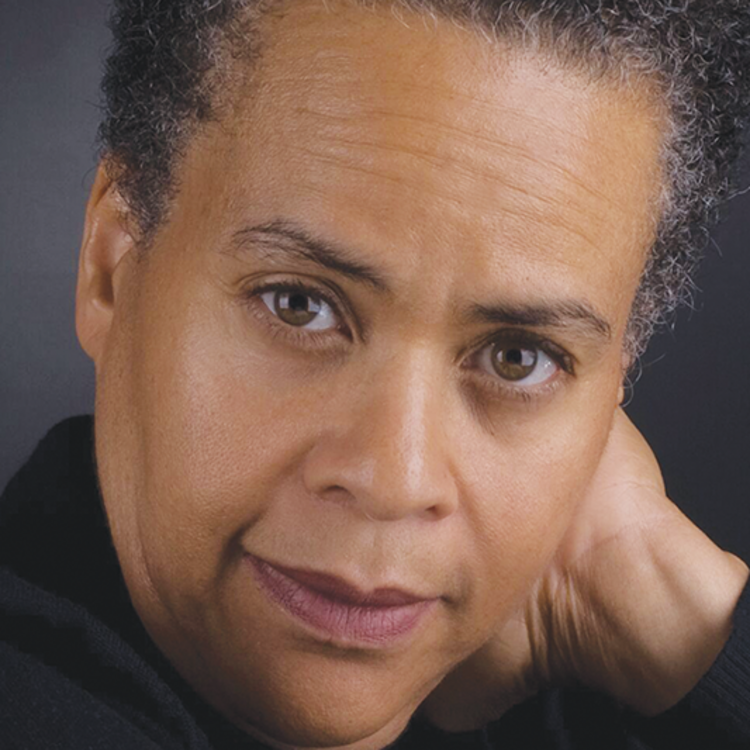
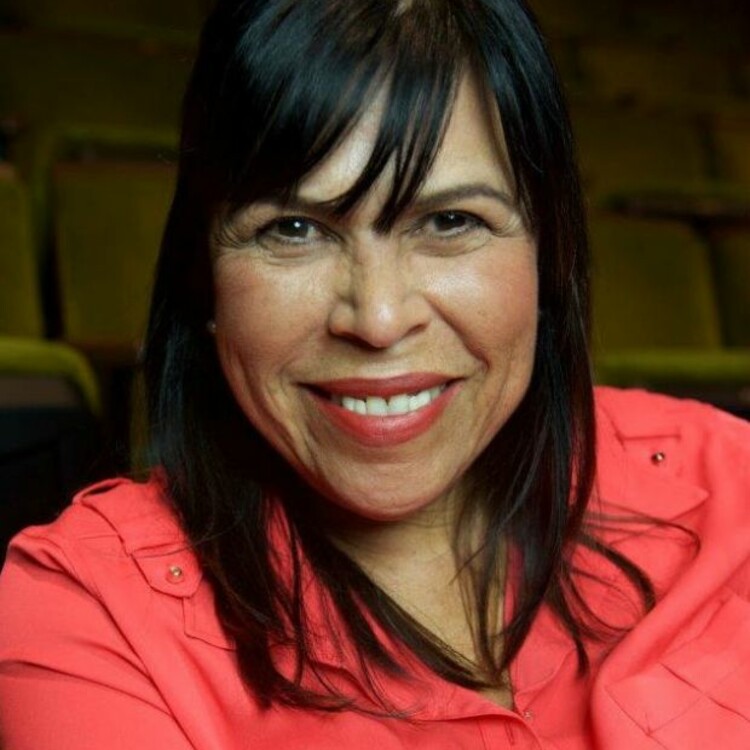
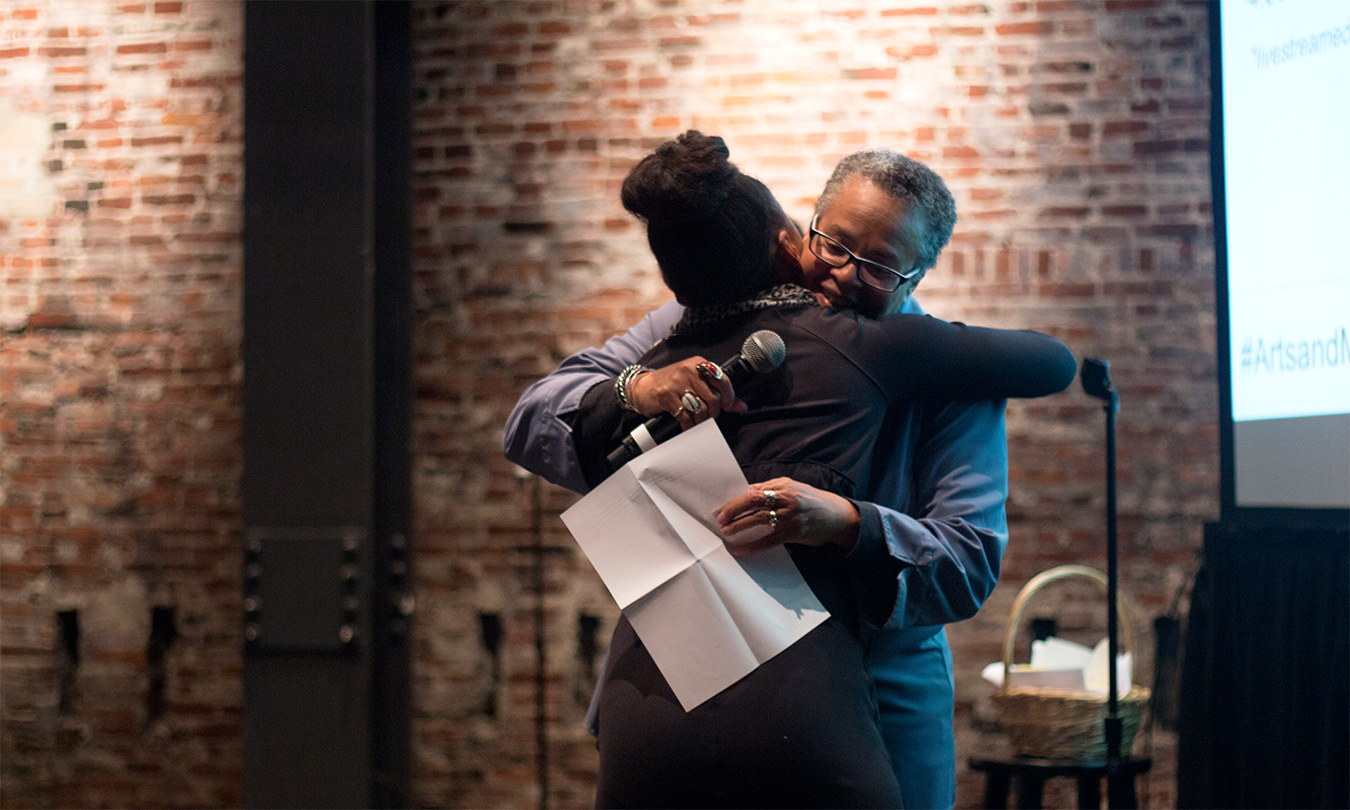
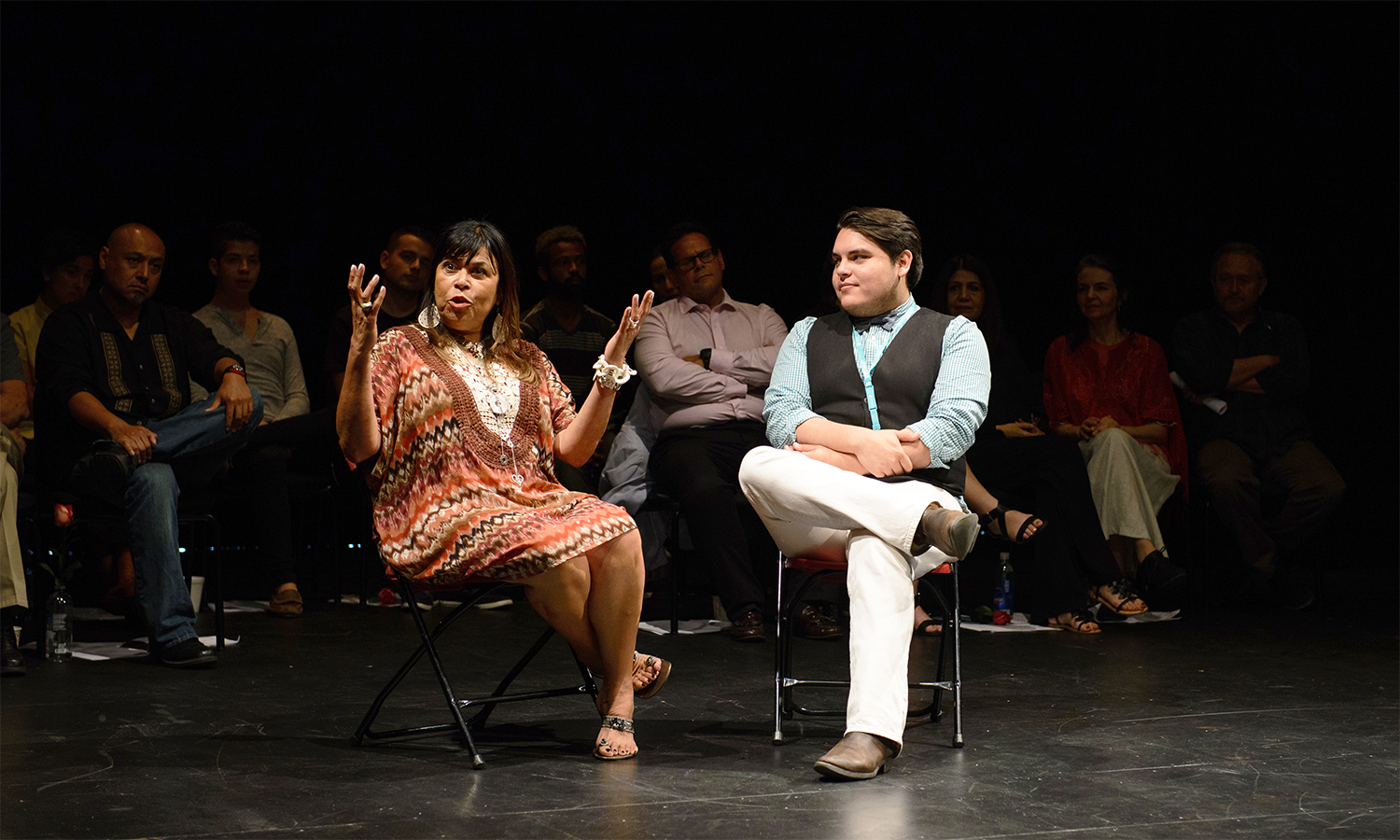
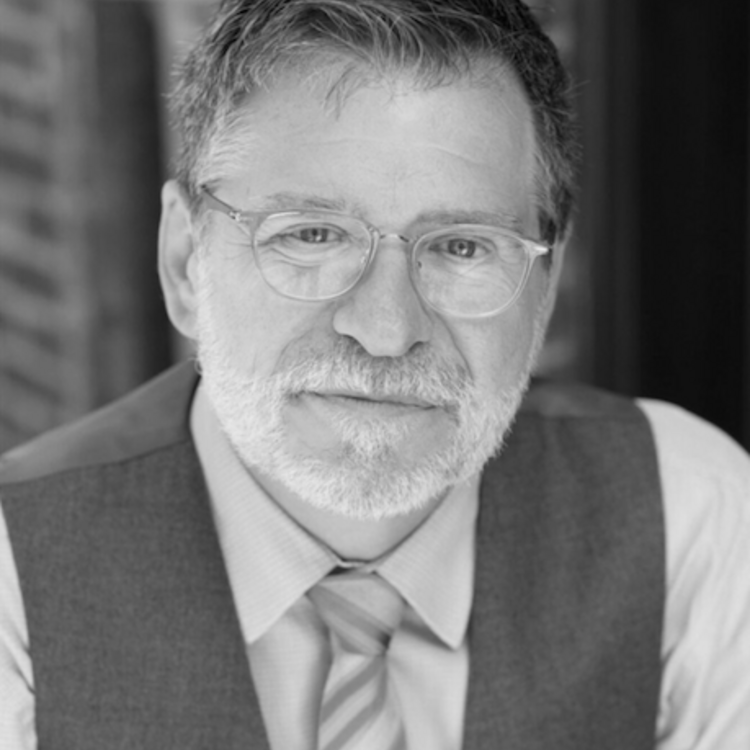
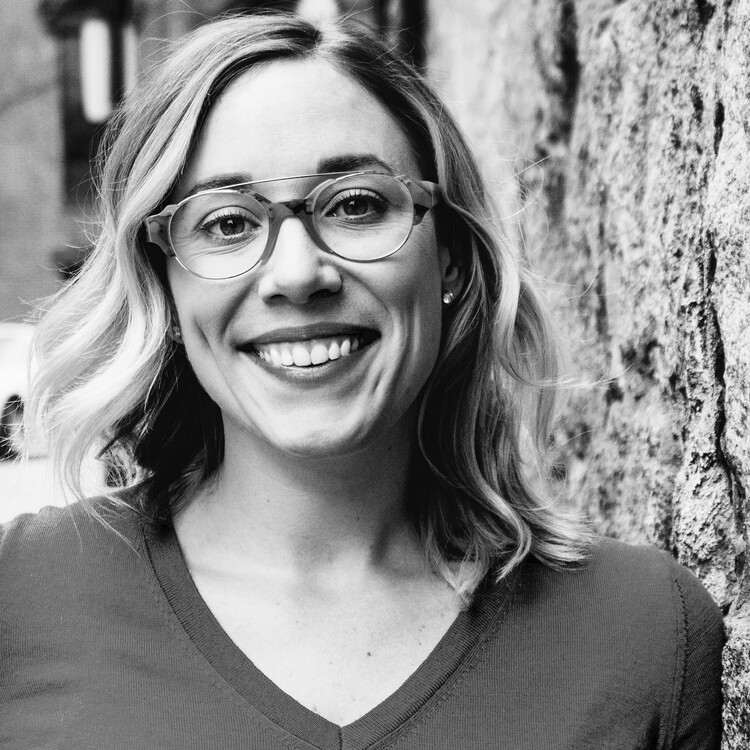
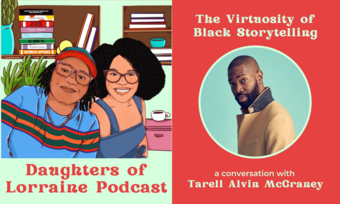



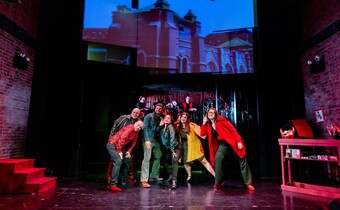


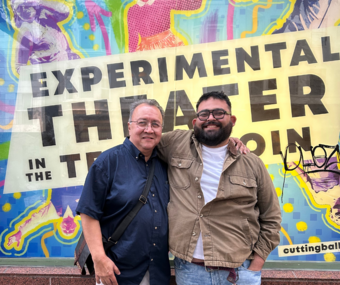


Comments
The article is just the start of the conversation—we want to know what you think about this subject, too! HowlRound is a space for knowledge-sharing, and we welcome spirited, thoughtful, and on-topic dialogue. Find our full comments policy here
A privilege and pleasure to listen to the two of you talk about where you are, where you've been, and where you are going. Thank you for all the work, and for sharing this conversation. Hope to see you both soon.